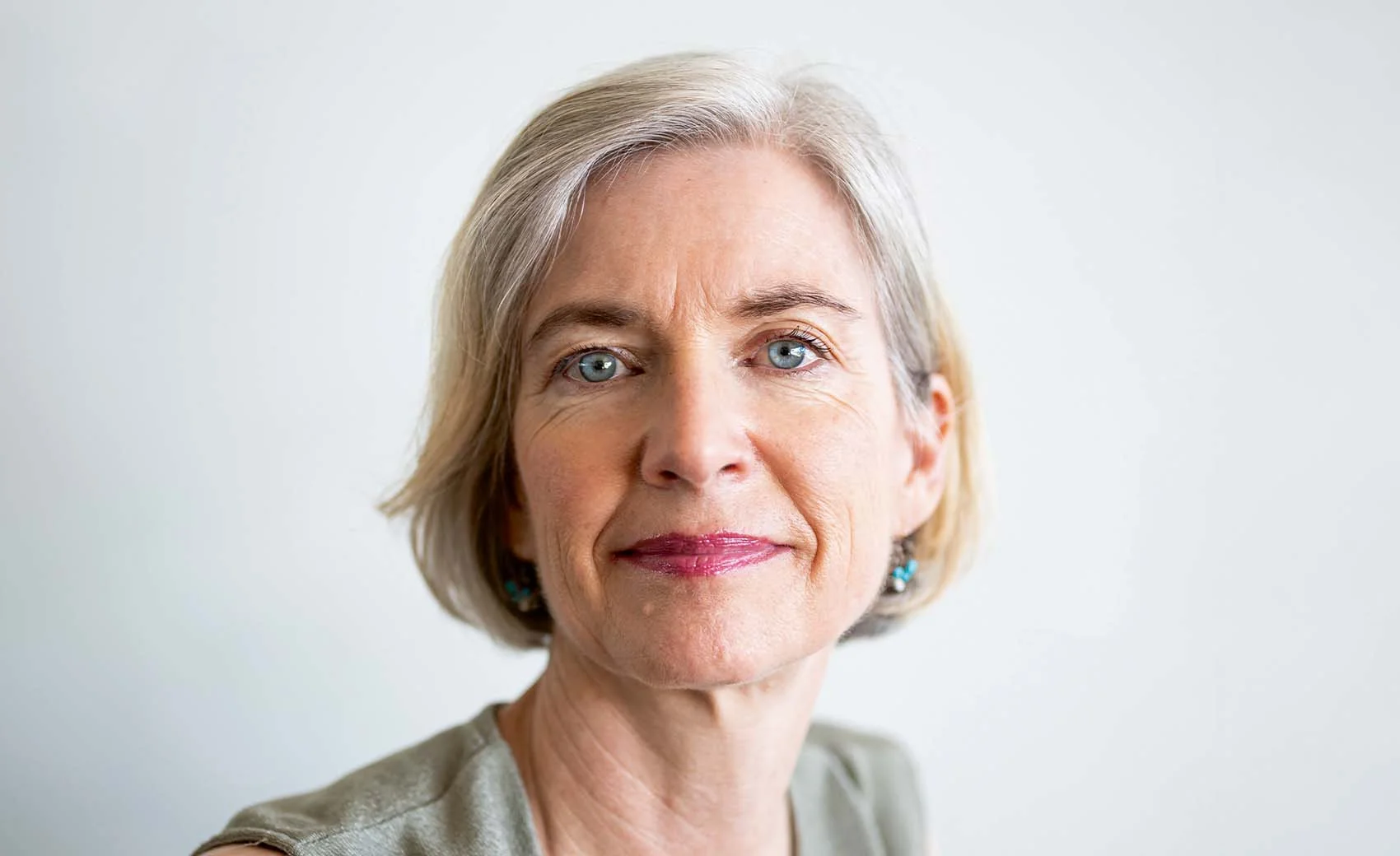When Chong Chan-yau, a notable figure spearheading multiple Hong Kong-based NGOs, delved into Walter Isaacson‘s “The Code Breaker: Jennifer Doudna, Gene Editing, and the Future of the Human Race”, he didn’t anticipate the profound personal reflection it would invoke. Through Isaacson’s meticulous exploration of Nobel laureate Jennifer Doudna’s journey in pioneering the revolutionary CRISPR gene editing technology, Chan-yau found himself resonating with the book’s deeper ethical implications.
As an audiobook aficionado through his membership with the streaming service, Audible, Chan-yau often stumbles upon intriguing reads recommended by the platform. But “The Code Breaker” was unique. With a background in psychology, Chan-yau has always been intrigued by the age-old debate on nature versus nurture. This interest stems not just from academic curiosity but personal circumstances. Stricken with total blindness by age six, potentially due to genetic factors, the topic of genetic manipulation was not just theoretical to him. He remembers the unsettling advice from a school teacher, warning those with genetic blindness against having children. Such societal notions challenged him. “Isn’t my life, though blind, filled with purpose, happiness, and potential?” he’d argue.
While society often regards blindness as undesirable, Chan-yau emphasizes that the value of life isn’t determined by physical ability but by opportunities and societal support. The world today is consumed with ideals of perfection, often overlooking the beauty of diversity. Isaacson’s book taps into this sentiment. As we now possess the scientific prowess to alter the very essence of human beings, what choices will we make? What does it mean for society when the previously theoretical debates about designing babies now stand on the brink of practical implementation?
Chan-yau’s reflections go beyond personal introspection. He sees larger societal ramifications. The book serves as a clarion call, urging society to introspect its value systems, especially when navigating the ethical quagmire of genetic engineering. While the potential to eradicate severe diseases is universally acknowledged, should we also venture into engineering ‘desired’ babies? Might this lead to a monotonous societal fabric?
Highlighting another perspective pertinent to Hong Kong, Chan-yau observes the city’s enthusiasm for technological and commercial advancements. But he cautions, emphasizing the primacy of value systems over unchecked technological progress. While he fervently advocates harnessing technology, especially to aid individuals like him, he warns of a future where unchecked technological advancement could overshadow core human values. Isaacson’s work, for him, is more than just a book—it’s an essential discourse on the intersection of science, ethics, and societal evolution.
READ MORE:
